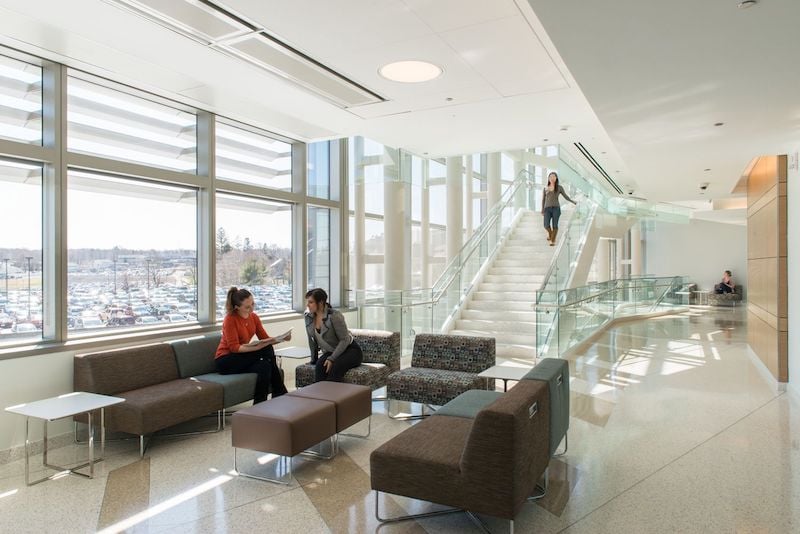About Microbiology

Capitalizing on the strengths of our faculty, the Department of Microbiology has strong and synergistic expertise in bacterial and viral pathogenesis, immunology, signal transduction, and fundamental cellular physiology. Departmental research targets viral and bacterial pathogens affecting the nervous, respiratory, and digestive systems.
Microbiology Faculty combine experimental and computational methods to understand the complex interactions between the host, the pathogen and the natural resident microbial community. Understanding how these networks change from normal physiology to disease fosters the development of computational models that simulate infection and new approaches to disease-specific diagnostics, prognostics, and therapeutics.
Microbiology research shows exciting potential, when new patterns of human interaction, changes in global climate, and emergence of drug resistance have contributed to the emergence of world-wide epidemics, such as COVID-19, AIDS, influenza, and tuberculosis.
Microbiology is a vibrant, growing, and highly interactive scientific community that feeds and complements UMass Chan Medical School’s growth in translational research.
Microbiology Fast Facts
The Department of Microbiology is one of four Basic Science Departments at UMass Chan Medical School.
The Department of Microbiology houses over 100 Researchers, including Lab Heads, Instructors, Postdoctoral and Doctoral Trainees, Undergraduate Students, and Summer Interns. An expert Administrative Team works tirelessly in support of the research and educational effort.
Department of Microbiology Researchers use multidisciplinary approaches that integrate genomics, proteomics, high-resolution imaging, and computational methods to characterize networks of microbe-host interactions at the molecular, cellular, and organismal levels. Comparisons of such networks with those that define normal physiology fosters the development of computational models that simulate infection and innovative approaches to disease-specific diagnostics, prognostics, and therapeutics.
Take a virtual tour of UMass Chan Medical School here.